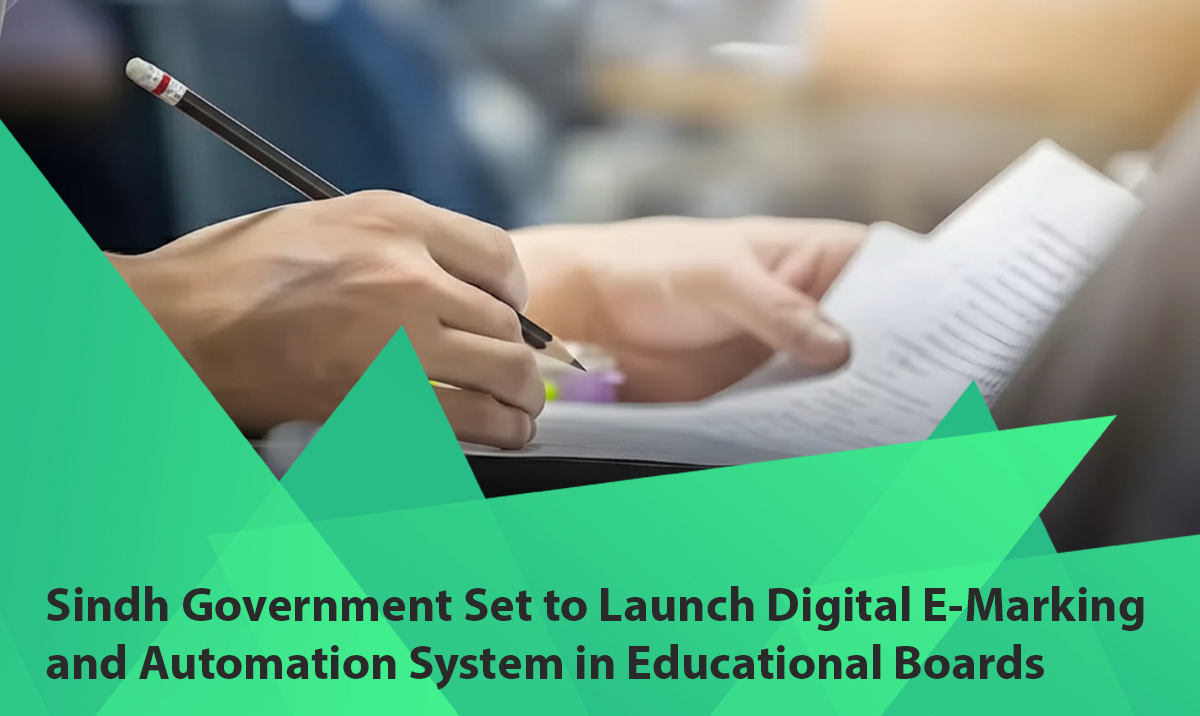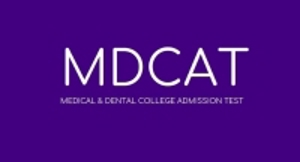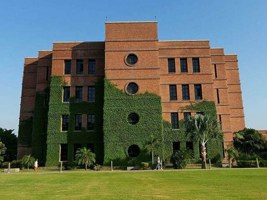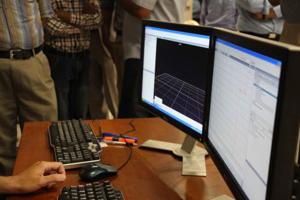
Sindh Government Set to Launch Digital E-Marking and Automation System in Educational Boards
The government of Sindh is making a significant step towards updating its education system through the introduction of digital e-marking and automation system in all provincial educational boards. The initiative is directed by the Ministers of Universities and Boards such as Muhammad Ismail Rahoo towards making examinations transparent, efficient and accurate. This announcement was in a special ceremony held by the All Sindh Private Schools and Colleges Association at the Bahria Auditorium, Karsaz, Karachi, as part of World Teachers Day. The event was a celebration of the success of the best performing students, as well as giving an award to teachers who had made remarkable contributions towards education.
Karachi Mayor Murtaza Wahab, MPA Syeda Marvi Rashdi, Additional Director Rafia Mallah and various chairpersons of educational boards attended the ceremony. Teachers, principals and students were also present in large numbers, thus making it one of the most significant education conglomerations of the year.
Modernising Examination Systems Across Sindh
Minister Ismail Rahoo in his address noted that the automation and e-marking system introduction is a breakthrough decision that will change how exams are being conducted and assessed in Sindh. He clarified that computerisation marking and management of digital data will assist in eliminating human error, delays as well as enhancing transparency in result declaration.
According to Minister Rahoo, this will bring quicker, more accurate, and transparent examination procedures. We can reduce errors, encourage fairness and provide results through computerised paper checking, which is more efficient.
He also pointed out that the digital automation system will result not only in the streamlining of the educational boards but also less paper usage, which makes the system eco-friendly. Reforms of the Sindh government also take place to avoid cheating and other malpractices during examinations. These new systems will allow real time monitoring and assist to create a fair and merit based assessment environment.
Facilitating Transparency and Accountability
The e-marking system will also enhance accountability and revive confidence of the people in learning boards. The automation will simplify monitoring the development of the paper assessment and support the digital audit trails to make sure that no alteration will be made when compiling the results.
According to the officials, the government is keen at standardisation of the examination processes in all the boards of education in Sindh so that all students are tested in a transparent way. The e-marking will also enable quicker rechecking and verification of results that enable the students to get the results without the needless delays.
Moreover, the given digital transition is in line with Sindh overall digitalisation objectives, which aim at embracing technology across all spheres of learning, including admissions and assessments, to make the academic process more interconnected and engaging.
Strengthening Teachers Role in Educational Reform
In the ceremony, Minister Rahoo honoured the teachers of Sindh and recognised the hard work they put in moulding the minds of the young generation. He emphasized that the government has been hiring thousands of teachers based on merit and it keeps improving their professional capacity by training them and providing digital literacy.
He outlined teachers as the builders of a progressive and educated society and stressed on their contribution during the times of educational changes. The success of any online or learning program relies on our educators. He said, They are the linkage between policy and students.
It was also noted by Rahoo that the Sindh government has increased the universities and higher education institutes giving more opportunities to students to access quality education in the province. The objective of this move is within the larger vision to ensure Sindh is an academic hub and hub of innovation.

Celebrating Achievements and Honouring Educators
The first version of the ceremony at the World Teachers Day held at Bahria Auditorium was not only the announcement of the change but also a congratulation of the academic accomplishment. Over 100 high performing students of different educational boards were also known to have performed exemplary in the board examinations.
Shields and certificates were also awarded to teachers, principals and educationists in order to recognise their efforts and service towards education. The event also emphasized the critical role of teachers in nation-building and there was the urging to promote quality education by both government and the private institutions.
Mayor Murtaza Wahab applauded the move taken by the Sindh government by saying that education and technology should be accompanied to respond to the challenges of the contemporary world. He reiterated that Karachi would support educational reforms that encourages equality, innovativeness and transparency.
A Step towards a Digital Future in Education
The introduction of the digital e-marking and automation system will be a landmark in the history of education in Sindh. Through adoption of technology, the province is targeting to transform the old model systems of examination, which are more acceptable, transparent, and efficient.
According to education professionals, in a few years, it might be possible to conduct paperless exams, have AI-supported grading, and make decisions based on the data. This is in line with the current global trends that show that educational institutions are extensively adopting the use of digital tools in the evaluation and management process.
A vision of the Sindh government shows the desire to create a contemporary education ecosystem, which can empower students, assist teachers, and increase the credibility of institutions. When properly executed, this project may become a prototype of other provinces and enhance the general education system of Pakistan.














.jpg)
